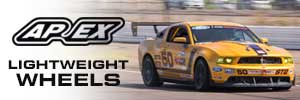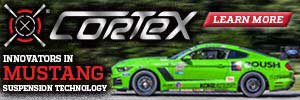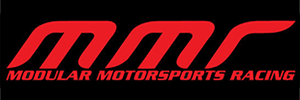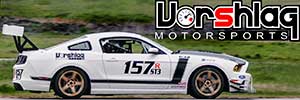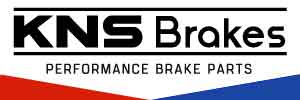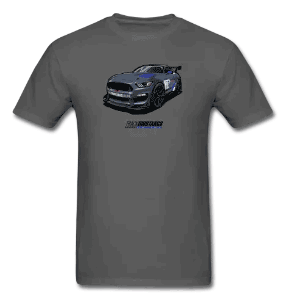So after nearly 7 months of owning my 2013 Boss, I'm giving some serious thought to upgrading the Clutch. Driveshaft and new MGW Race Spec (trans mount) shifter.
My current setup is stock clutch, stock clutch line, stock driveshaft, and Gen II MGW with Blowfish.
My engine is bone stock and I'm planning to keep it stock so I don't need anything super heavy duty. My goals would be to find a replacement clutch that would help with smoother no lockout shifts while maintaining a easy to depress and streetable driving experience. I've heard of "Clutch Chatter" from some replacement clutches more suited for higher horsepower. While I have the clutch being done I would upgrade the clutch line to SS as well.
Since the car will go into the shop for the clutch, I thought I'd upgrade to a Aluminum one piece driveshaft. I think a 3" is plenty but what are the best options.
Any and all feedback would be helpful, as I was hoping not to overbuy and end up with something not as friendly to drive around town.
Thanks in advance . . .
My current setup is stock clutch, stock clutch line, stock driveshaft, and Gen II MGW with Blowfish.
My engine is bone stock and I'm planning to keep it stock so I don't need anything super heavy duty. My goals would be to find a replacement clutch that would help with smoother no lockout shifts while maintaining a easy to depress and streetable driving experience. I've heard of "Clutch Chatter" from some replacement clutches more suited for higher horsepower. While I have the clutch being done I would upgrade the clutch line to SS as well.
Since the car will go into the shop for the clutch, I thought I'd upgrade to a Aluminum one piece driveshaft. I think a 3" is plenty but what are the best options.
Any and all feedback would be helpful, as I was hoping not to overbuy and end up with something not as friendly to drive around town.
Thanks in advance . . .
